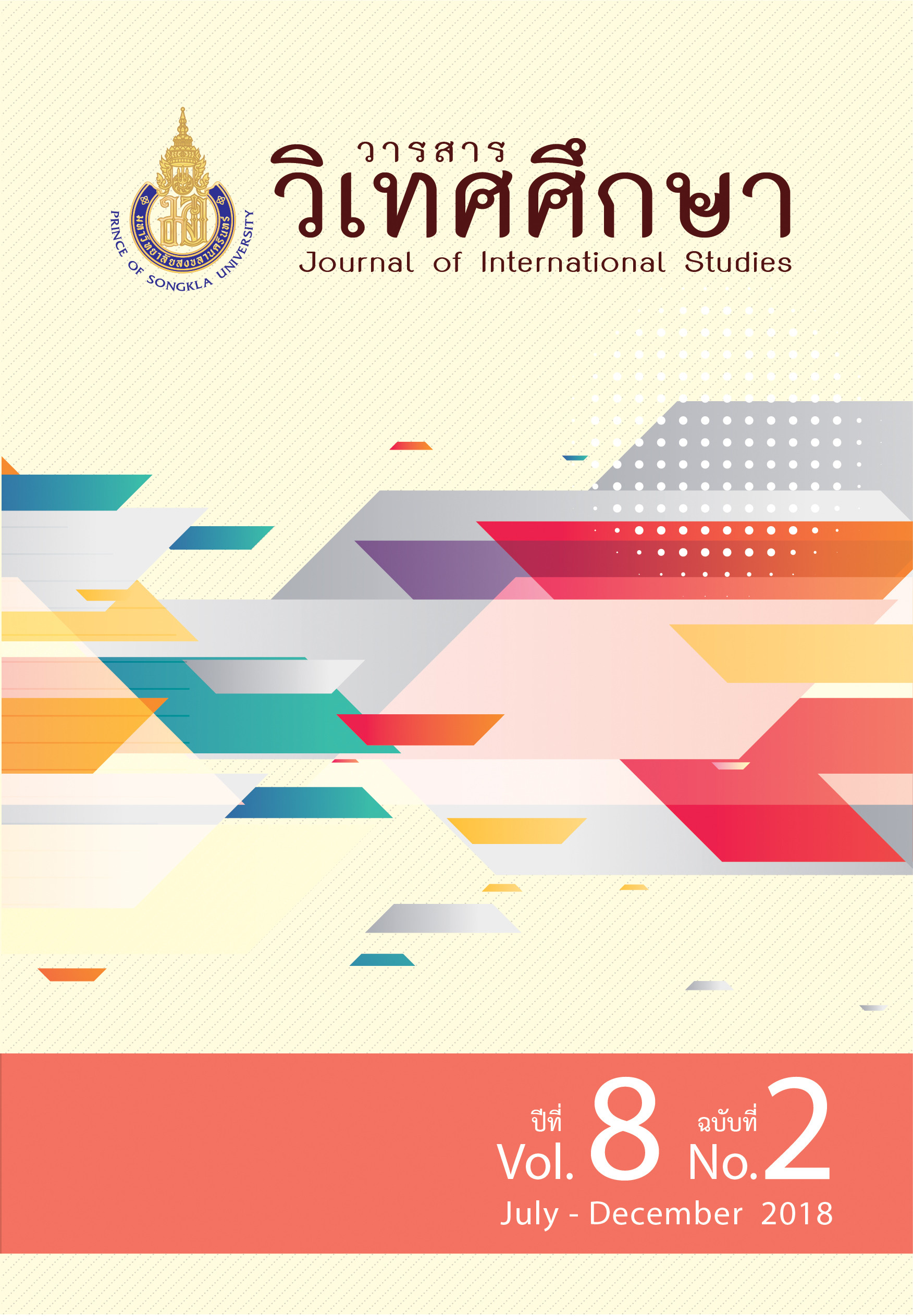The Evolution of Sun Yat-sen’s Nationalism and Nation-state Concept
Main Article Content
Abstract
The nationalism of Sun Yat-sen, who inspired and organized the 1911 Revolution that overthrew the Manchu dynasty, witnessed an evolutionary process, from the initiative of “expelling the Manchu people and rejuvenating the Han nationality” around the radical revolution, to the proposition of the “Union of the Five Races” after the founding of the Republic of China. In his later years, he advocated forming a great Chinese Nation by assimilating the ethnic minorities of China. On the basis of assessing the dual sides of his nationalist thoughts, this paper examines the nation-state concept of Sun Yat-sen, in particular, his three-staged nation-state construction, including “military governance”, “political tutelage” and “constitutional politics”.
Article Details
Statements and opinions expressed in articles herein are those of the authors and do not necessarily reflect the position of the editors or publisher.
Article, information, text, image, etc. which are published in Journal of International Studies, belong to Journal of International Studies. If anybody or any organization would like to use part or whole of them, they must receive written permission from Journal of International Studies before usage.
References
Benedict A (2000). Imagined communities: reflections on the origin and spread of nationalism. London: Verso. pp. 6–7.
Chiang K. (1961). The selected works of Chiang Kai-shek. Taipei: National Defense Press.
Doberneck R. Sun Yat-sen: surgeon and revolutionary. Surgery, 1997, 122(1), 101-104.
Kang Y. (1990). Collected works of Kang Youwei. Shanghai: Shanghai Press of Ancient Books.
Liang Q. (2000). Selected works of Liang Qichao. Beijing: Press of China University of Political Science and Law.
Liang Q. (2001). General introduction of political thought evolution of China in the past 50 years. Beijing: Haitian Press.
Mao Z. (1986). Selected works of Mao Zedong, Volume I. Beijing: People’s Press.
Masumi M. (2003). On the ethnic polices of China from the Late Qing Empire to the end of the Second Sino-Japanese War. Beijing: the Ethnic Press.
Shan C. & Zhang H.(1998). The political ideology of China in the past century, Beijing: Haitian Press.
Sun Y. (1963). Philosophical works of China, Beijing: Zhonghua Book Company.
Sun Y. (1963). The Three Principles of the People and the future prospects of China, Beijing: Zhonghua Book Company.
Sun Y. (1981). Inaugural speech as the Provisional President for the Republic of China. Nanjing: Jiangsu People’s Press.
Sun Y. (1994). The complete works of Sun Yat-sen, volume 9. Beijing: Zhonghua Book Company.
Sun Y. (1998). Preface to the Five-power Constitution. Beijing: Haitian Press.
Sun Y. (2000). The Three Principles of the People. Changsha:Yuelu Book Company.
Wasserstrom J. Chinese Revolutions: Twentieth Century. International Encyclopedia of the Social and Behavioral Sciences, 2015, 515-519.
Wei H. (1981). The Declaration of the First National Congress of Kuomintang. Haerbing: Heilongjiang People’s Press.
Yu Z. (1999). History of the political thoughts in modern China. Jinan: Shandong University Press.
Zhang F. & Wang R. (1960). Collected essays of China between 1901 and 1911, Volume II. Hong Kong: SDX Joint Publishing Company.
Zhang T. (1963). On the revolutionary morality. Beijing: Zhonghua Book Company.


